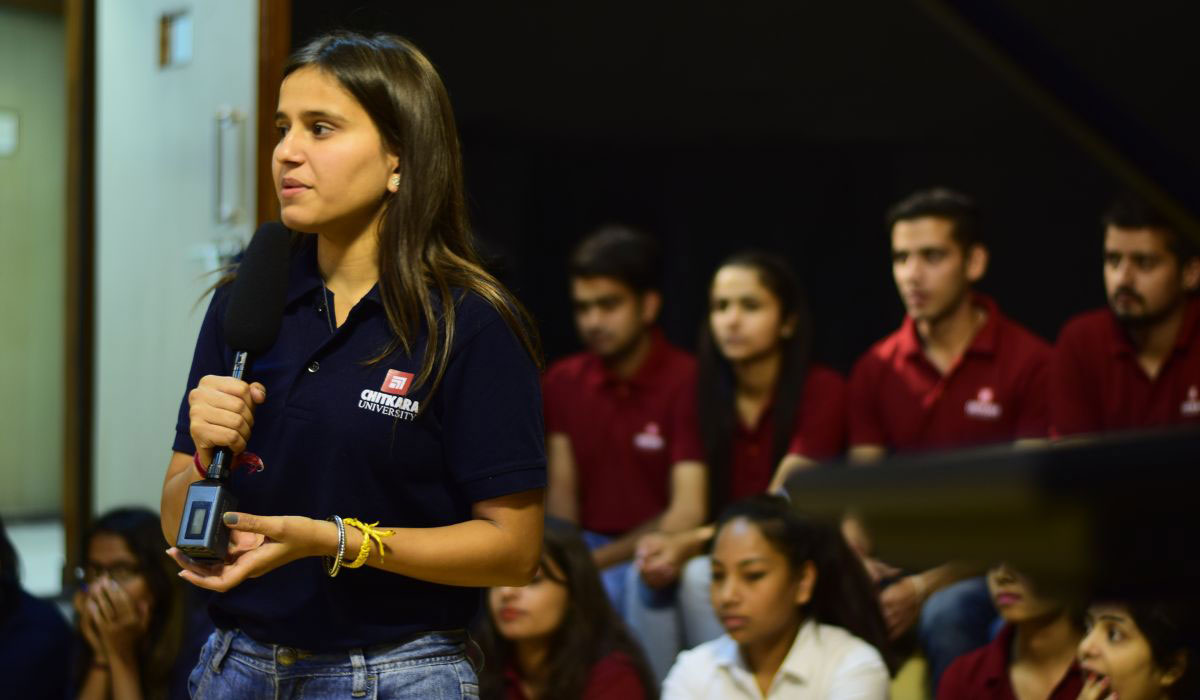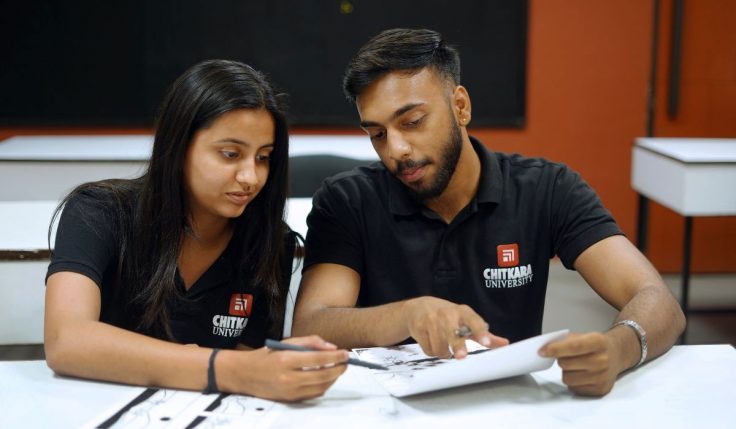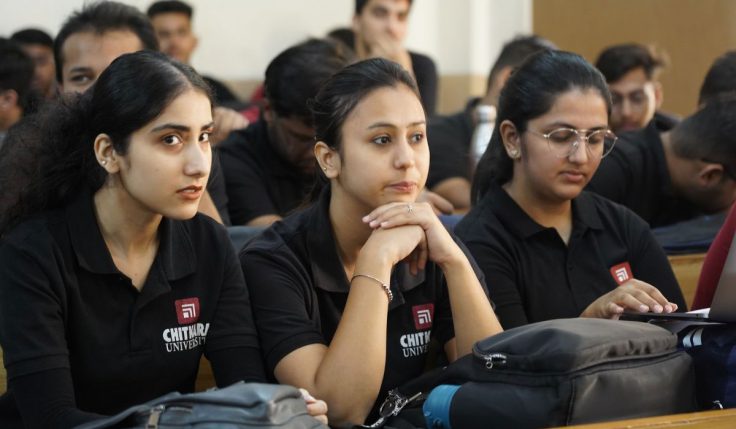In this world where information shapes the entire worldview and media influence seems to penetrate nearly every area of our lives, journalism and mass communication careers sound promising and pivotal in this era. Well, a Master of Arts in Journalism and Mass Communication (MA in Journalism & Mass Communication) can arm aspiring professionals all the skills and knowledge they would require in the dynamic field of journalism and mass communication. Is it worth the money and time invested? Let’s dive into both pros and cons, giving a comprehensive view to help you decide.
Pros of an MA in Journalism & Mass Communication
Specialization Skill Enhancement Specialization of the students takes place with the MA in Journalism and Mass Communication by specialising them with special areas in digital media and new media, broadcast journalism, public relations, and media management. Students work on projects, internships, and collaborations and will continue to sharpen their writing, editing, and reporting skills.
Career Advancement: A master’s degree can have great implications on the career of a candidate. Students will find opportunities in top media houses, advertising agencies, and public relations firms. Moreover, senior journalists, editors, content strategists, and media consultant profiles become accessible through this qualification.
Networking Opportunity: The course shall provide immense networking capabilities with industrial majors, alumni, and colleagues. It is an important gateway for professional development and mentorship in the competitive journalism scene.
Diversity of Career Opportunities : A Masters in this field shall open doors to a multiplicity of career opportunities outside the realms of traditional journalism. Professors can often find careers in corporate communication, social media management, filmmaking, and academia.
Media Ethics and Law: Almost all the curriculums contain modules on media ethics and law that would be taught to the students so that the graduates shall view journalism from the legal as well as ethical perspectives. Legal and ethical awareness are essential for keeping journalism credible and reputable.
Adaptability to Technological Innovations: For the fast growth of digital media, the MA degree program keeps students updated with new technologies and the new trends that may affect journalism, thus qualifying them to adapt to the new media milieus.
MA in Journalism & Mass Communication: Drawbacks
Cost and Financial Investment: An expensive master’s program can cost quite a pretty penny when it comes to tuition fees, books, and so forth. A critical evaluation of the costs should be looked at side by side with the return that these may yield in a professional or direct-to-work career.
Much Competition: The journalism and mass communication field is highly competitive. A postgraduate degree may provide an employment advantage, but the field still demands immense talent, dedication, and endurance to perform well.
Job Security: The media industry is unstable due to changing technology as well as changed consumer behavior. Media house often faces financial crunch that leads to layoffs or reorganization, hence affecting job security.
Overemphasized Credentials: There are some journalism jobs that stress more on real-world experience rather than educational credentials. Potential students should be able to enter the program with a healthy weightage of work experience over academic qualifications in the area chosen.
Geographic Limitations: The location affects career options. Some areas of the globe offer more opportunities than others concerning media-related opportunities, thereby forcing relocation and changing personal and professional life options.
Is it worth it?
Whether getting into an MA degree in Journalism and Mass Communication is worth the hassle entirely depends upon the individual’s career goals, financial situation, and personal interests. For people interested in stories and communication, who wish to explore diverse career tracks and want professional advancement, would find these factors outweighing the difficulties of a master’s program.
However, the potential students must ensure that such research is conducted comprehensively based on specific programs assessing the investment towards finance and gaining practical experience to complement academic learning. After all, success in journalism and mass communication is dependent upon both education and skill, along with experience and adaptability within the constantly changing media landscape.
Investigating an M.A in Journalism & Mass Communication at Chitkara University
In the rapidly changing scenario of the Indian Media and Entertainment industry, a strong education in journalism and mass communication is considered something that is not at all optional. Chitkara University’s Master of Arts in Journalism & Mass Communication is devised to keep students adequately equipped with the right kind of skills and knowledge that will keep them on top or excel in this dynamic field. The curriculum is based on the Model Curricula of the UNESCO’s, which focuses not only on technical know-how but also provides a comprehensive understanding of the artistic, historical, and theoretical foundations of mass communication.
Course Duration: The course will take two years and prepares the students thoroughly through an amalgamation of academic experience as well as experience through handing-on knowledge.
Internships: Chitkara University ensures that media professionals, leaving their doors, have bright career paths ahead of them. The professional media students get interaction with industry giants through diligent campus recruitment and have ample exposure, which complements their theoretical learning with practical industry experiences.
Innovative Curriculum: The M.A program is characterized by a deep theoretical base fostered by research in communication dynamics. It is complemented by practical input provided by faculty members who are specialists in their fields, thereby making sure that the students are well-rounded, socially responsible media professionals.
UNESCO Model Curricula: Inspired by UNESCO’s curriculum for journalism education, the program emphasizes research skills, socio-political context, both local and global, and critical thinking skills-all of which would benefit them in putting across their viewpoints on issues of the day, provided that they understand the same comprehensively.
State-of-the-Art Infrastructure: Advanced facilities that are available to students include a television studio with digital video cameras, teleprompters, a production control room, an editing lab with iMacs and software of Final Cut Pro, Quark Xpress, Adobe Photoshop, and Coral Draw, and a radio broadcasting branch with the facility of live studios.
Also, read this blog post: Is a Career in Media and Entertainment Right For You? Here’s How to Find Out
Community Radio – Chitkara 107.8 FM: This student-run platform offers students a chance to work with live broadcasting and run their own radio station, which further enhances their hands-on skills and industry preparation.
Eligibility: The entry qualification is a degree, accompanied by passing a personal interview.
Career Opportunities: Once the course has been completed, students can take up any of the numerous careers available; these include:
- Senior Copywriter
- Brand Manager
- Digital Media Expert
- Film-Maker
- Print/Electronic Media Journalist
- Media Planner
- Event Manager
The strong interplay among the top organizations has provided a great platform for the real-world experience and better employment prospects.
Why Chitkara University?
Commitment to comprehensive, hands-on education makes Chitkara University’s M.A in Journalism & Mass Communication one of the top choices among media colleges in Punjab and Chandigarh. Combining the latest technology with practical application towards learning makes the students graduate-ready-to-face today’s media landscape as well as be outshining it. Students will form part of this creative and excellent academic community with innovative, industry-ready solutions, set to soar for a bright career in journalism and mass communication.






